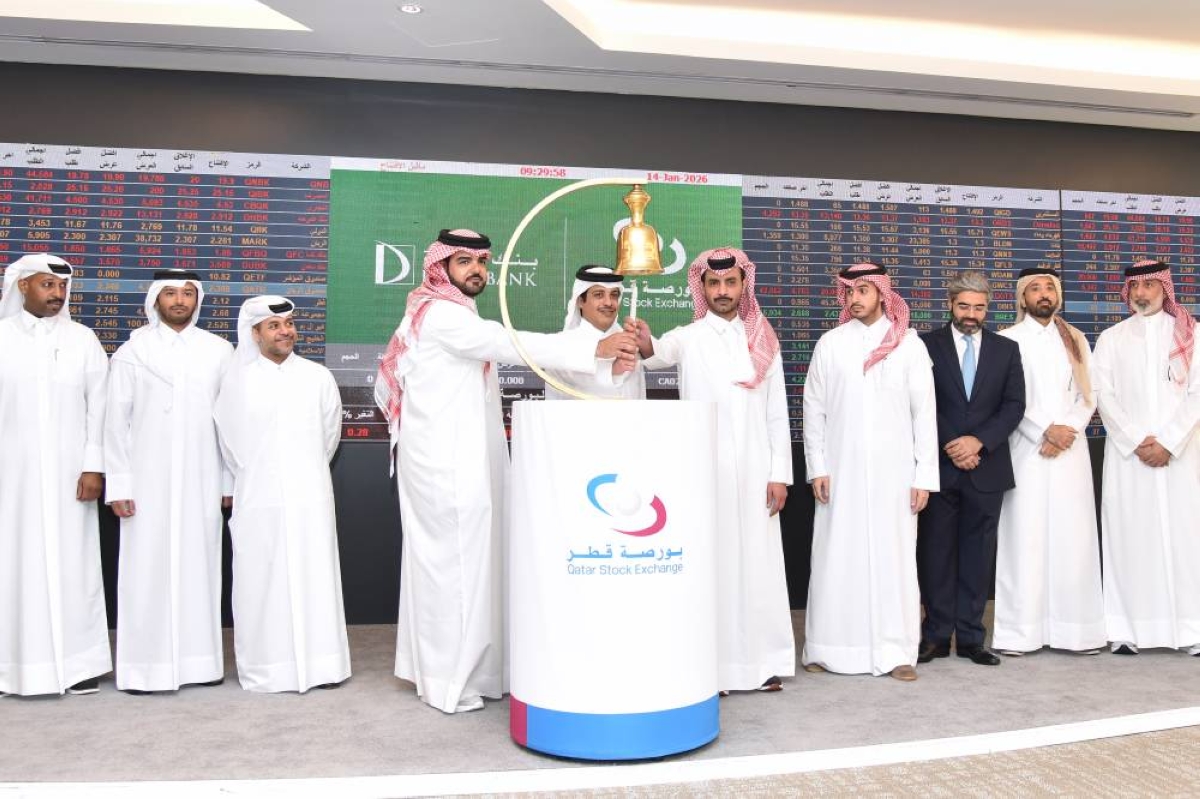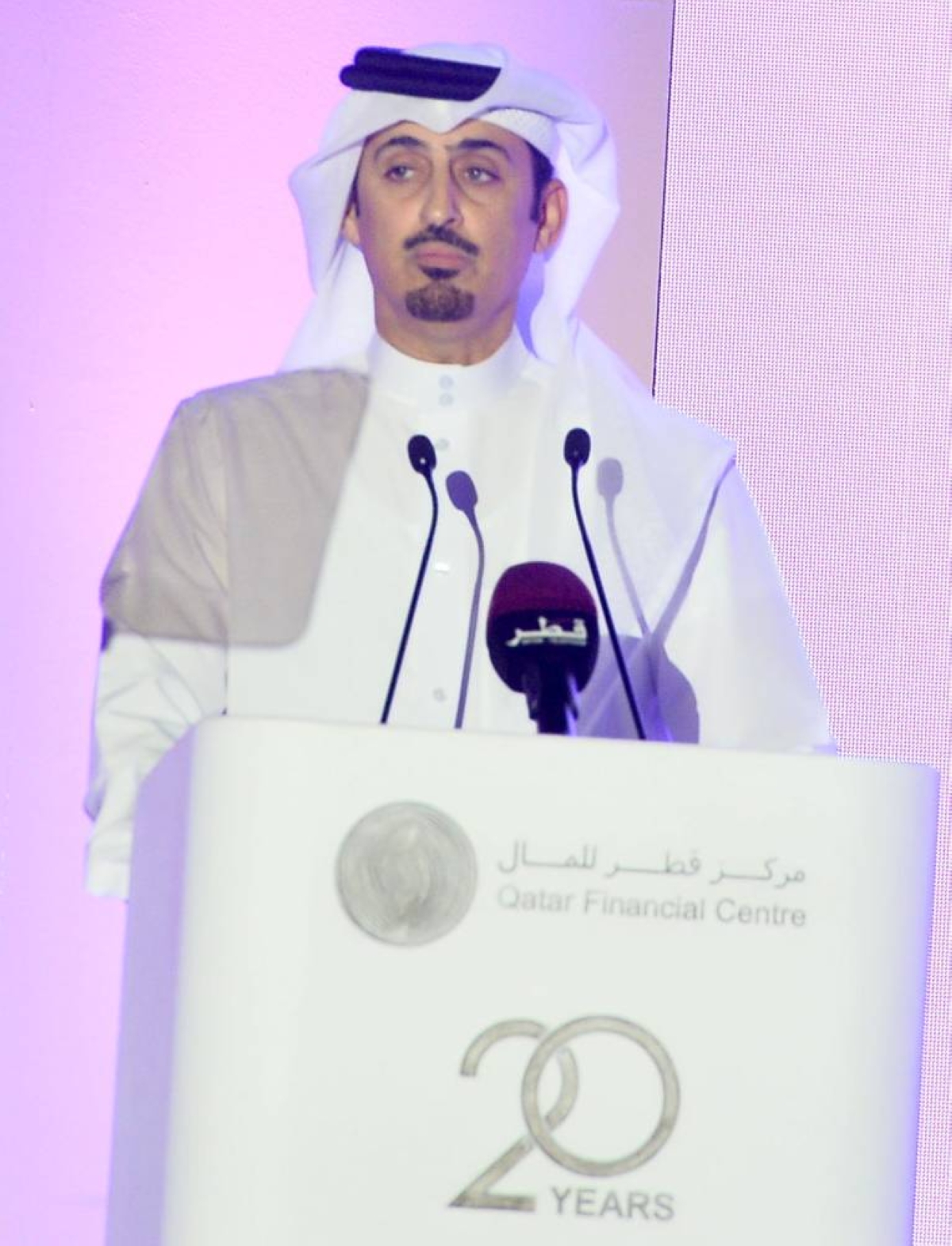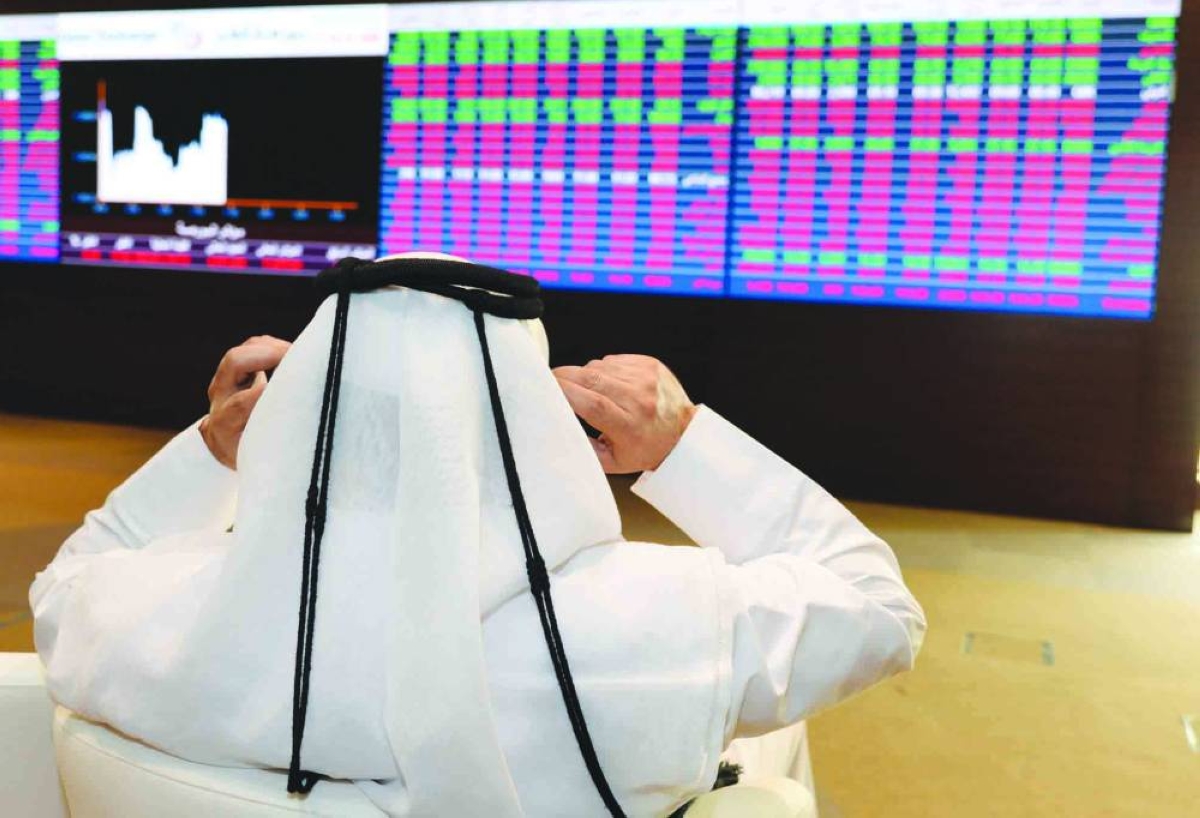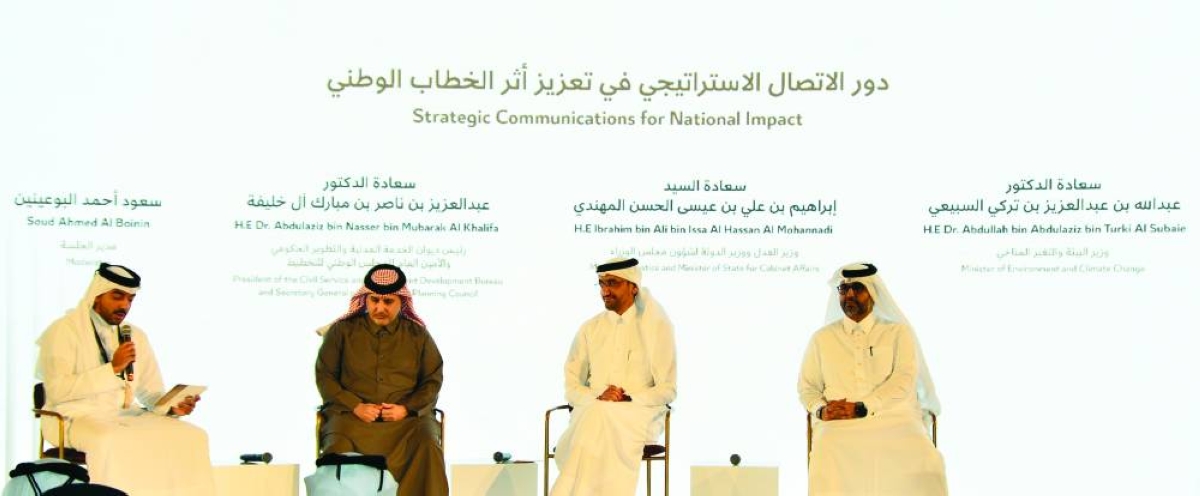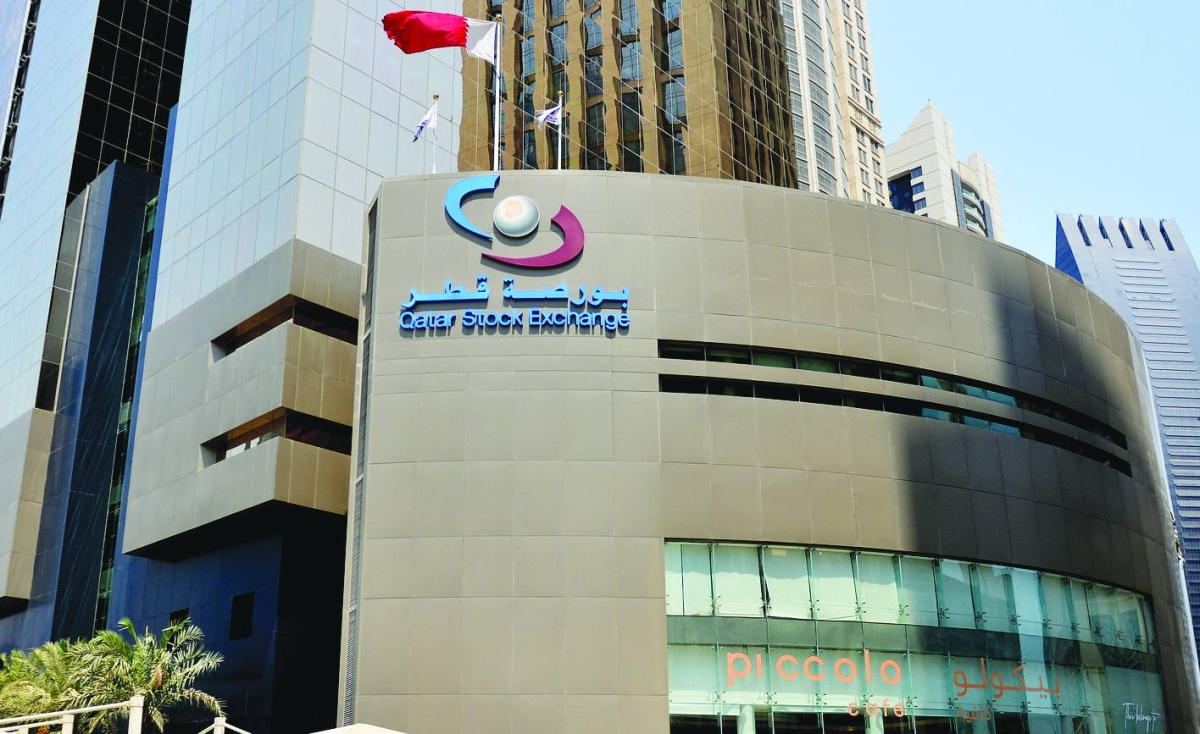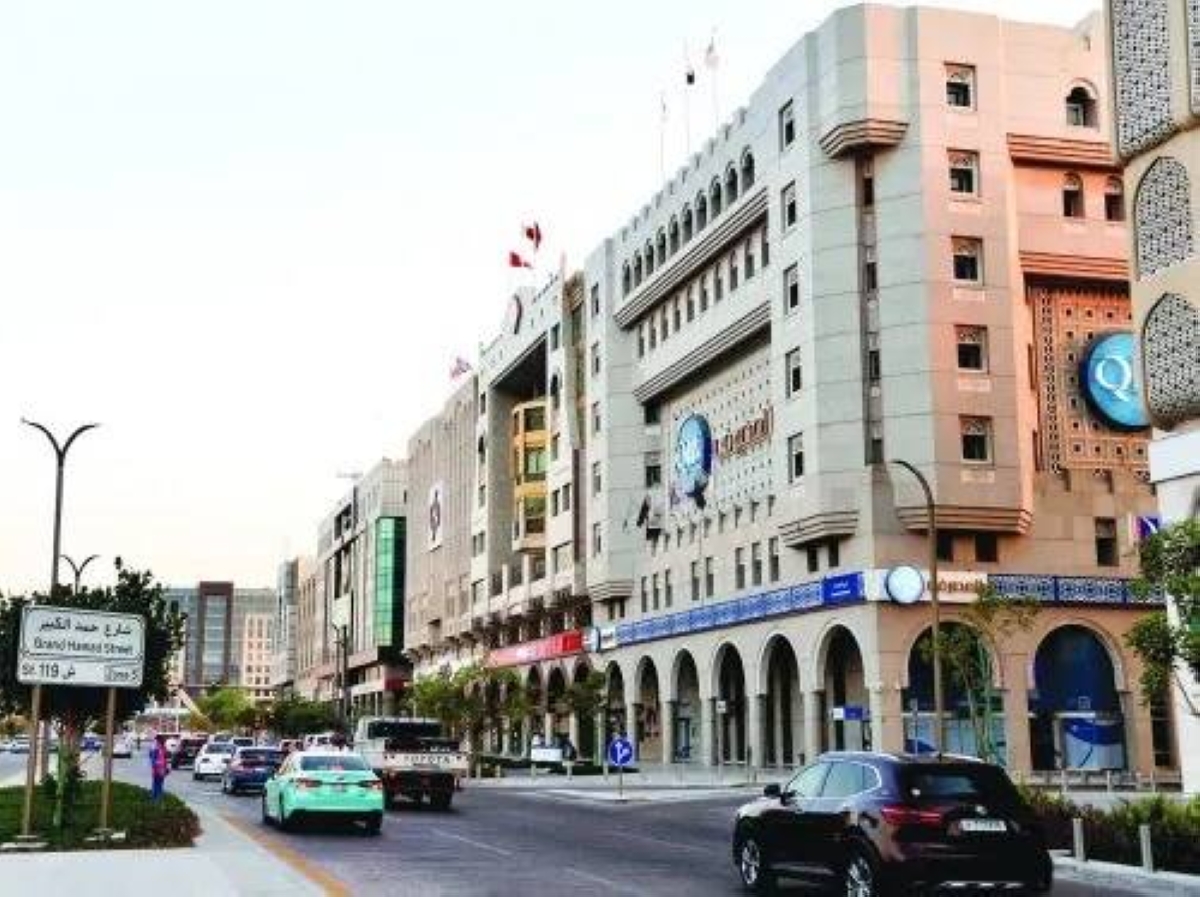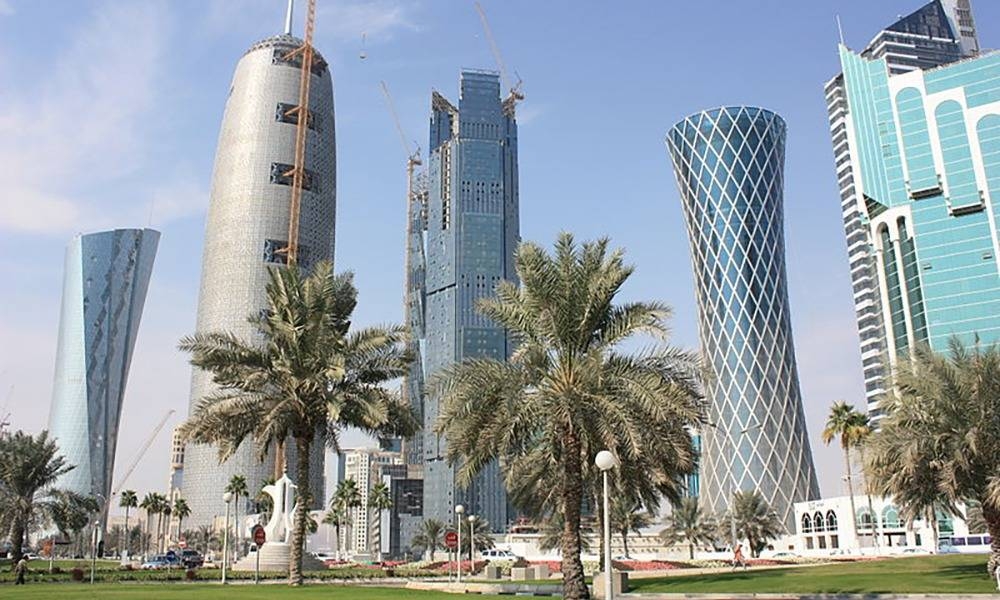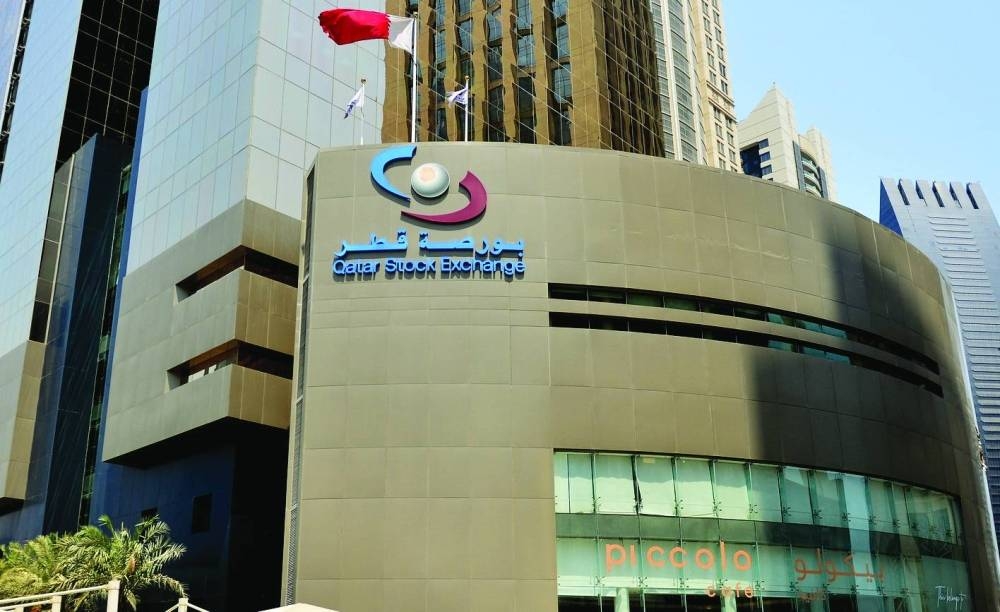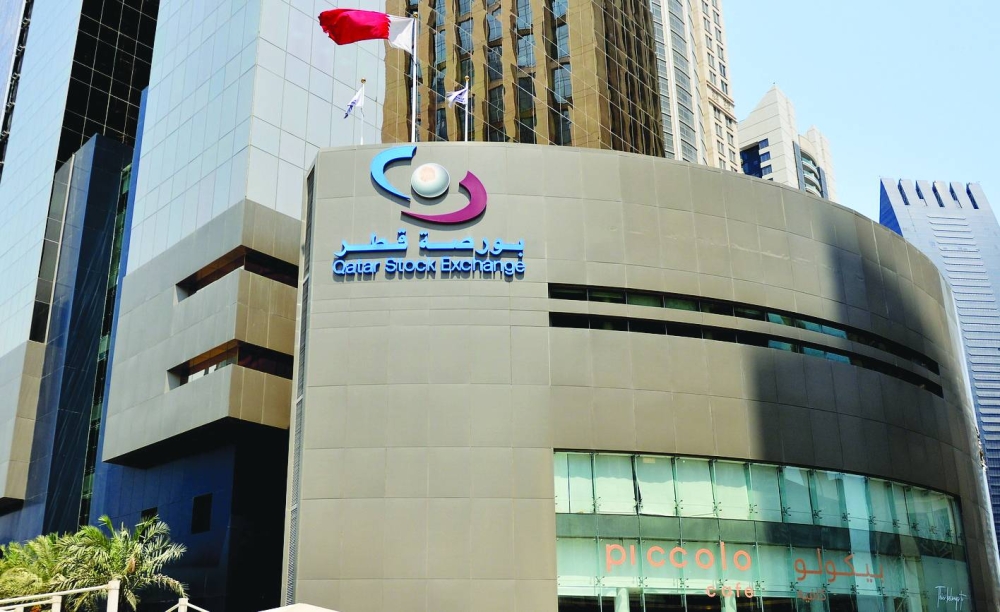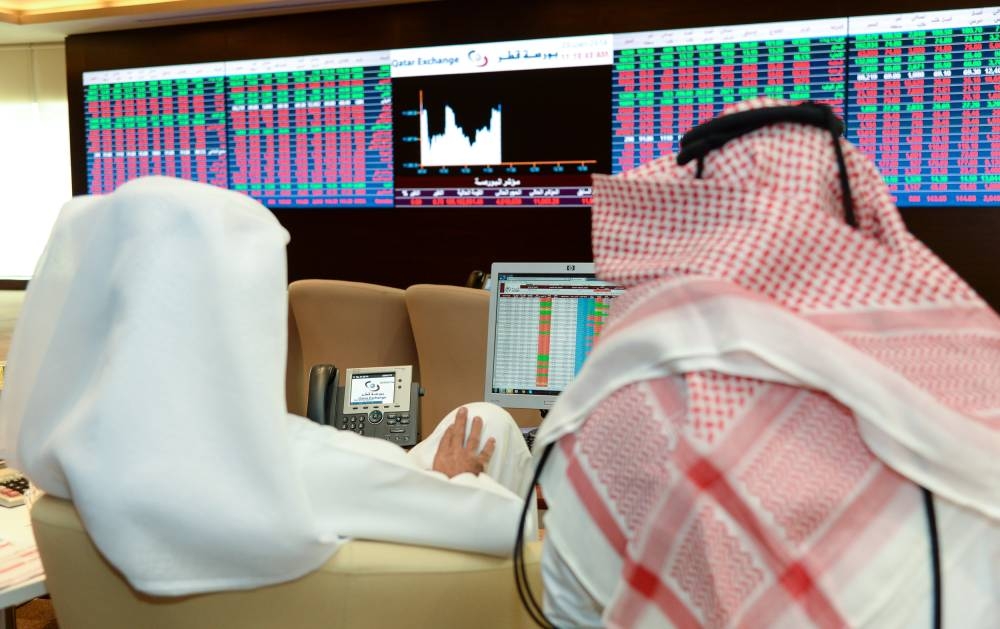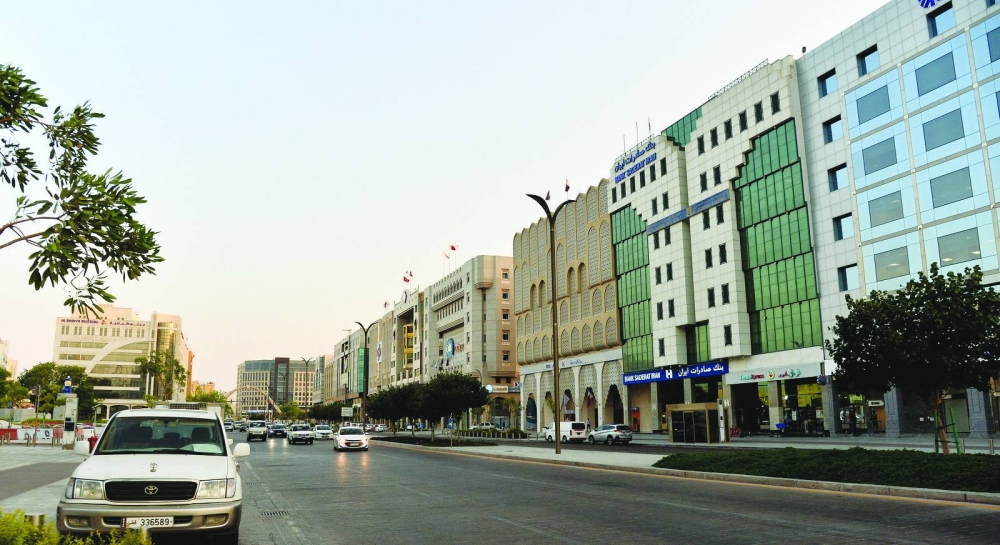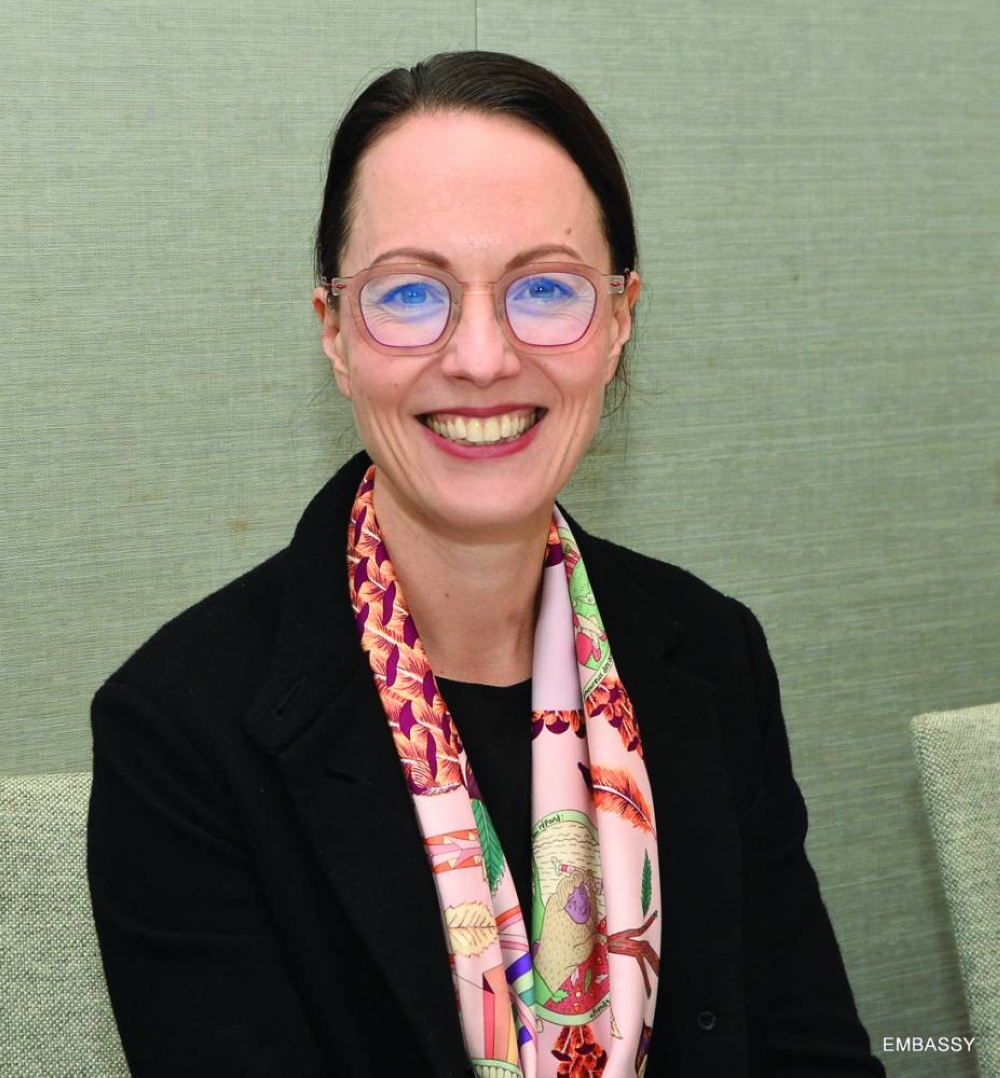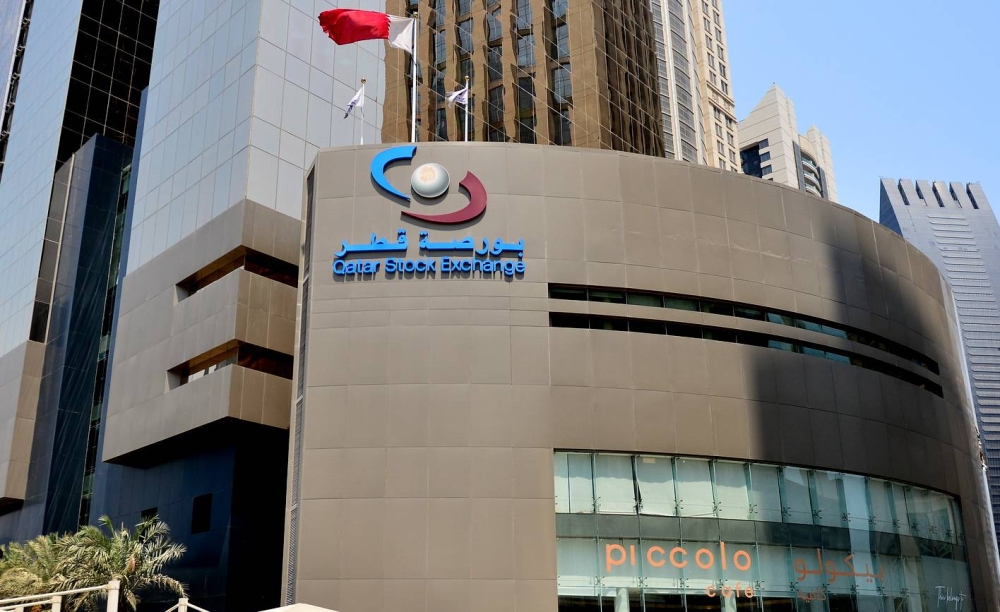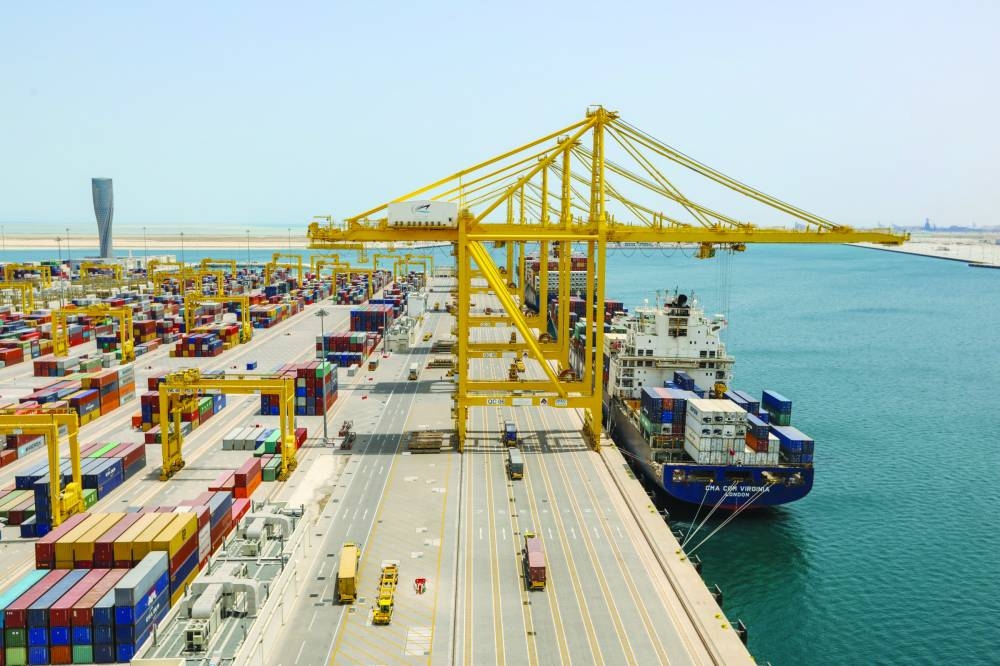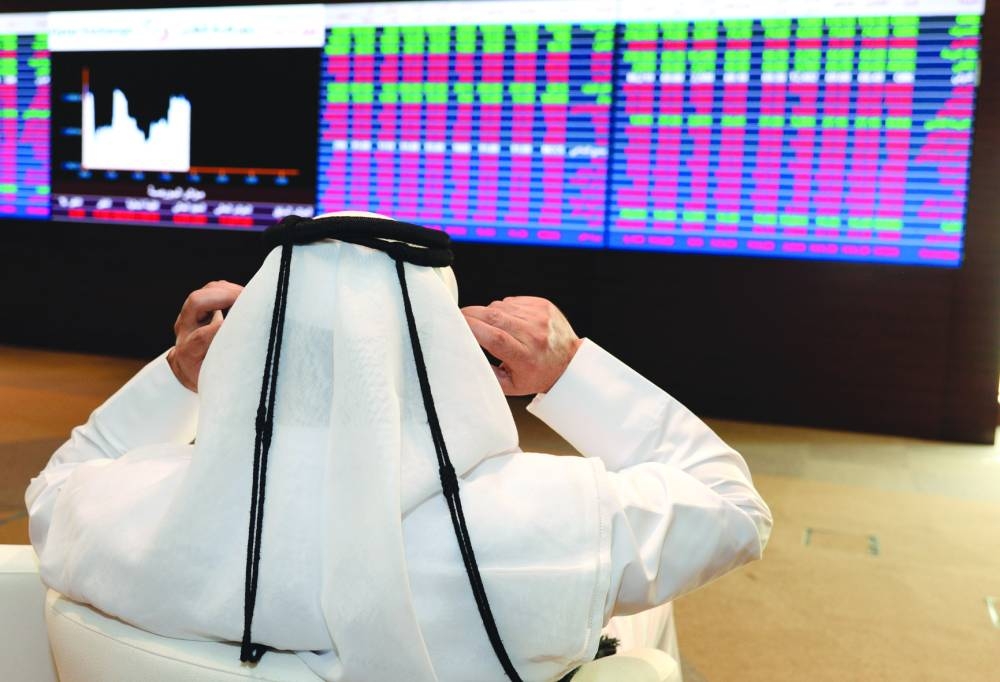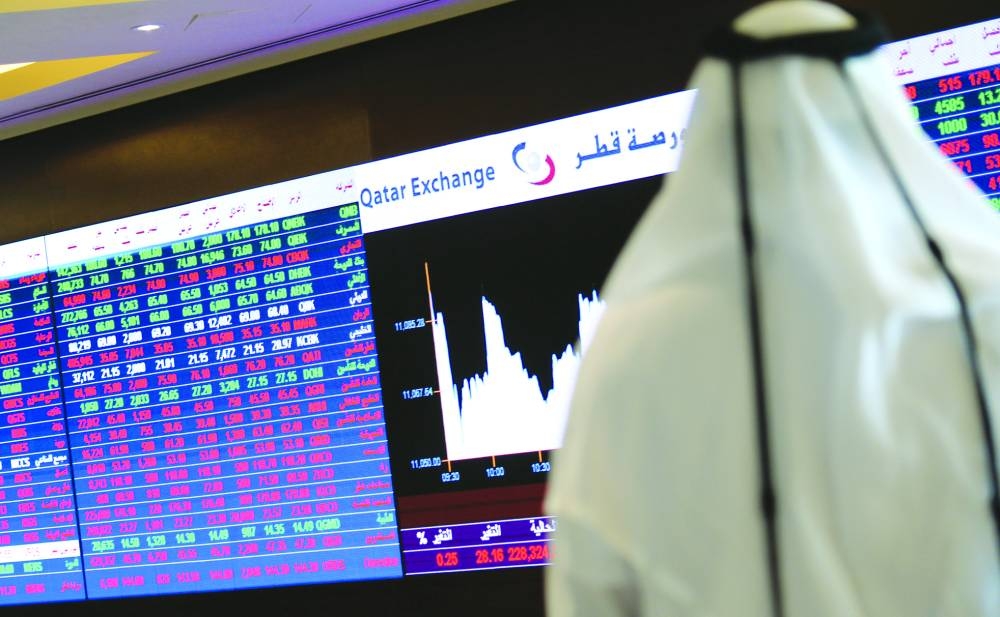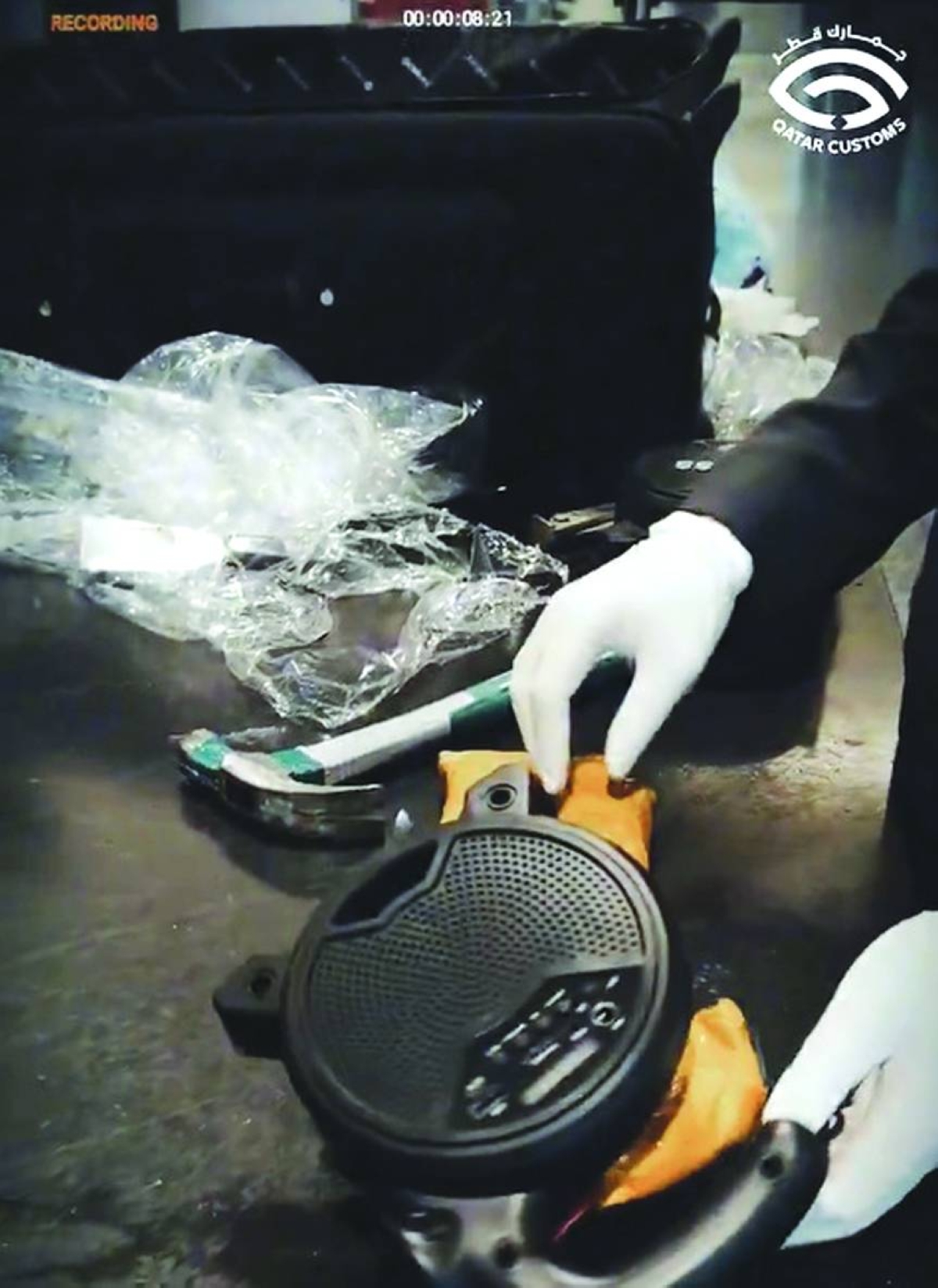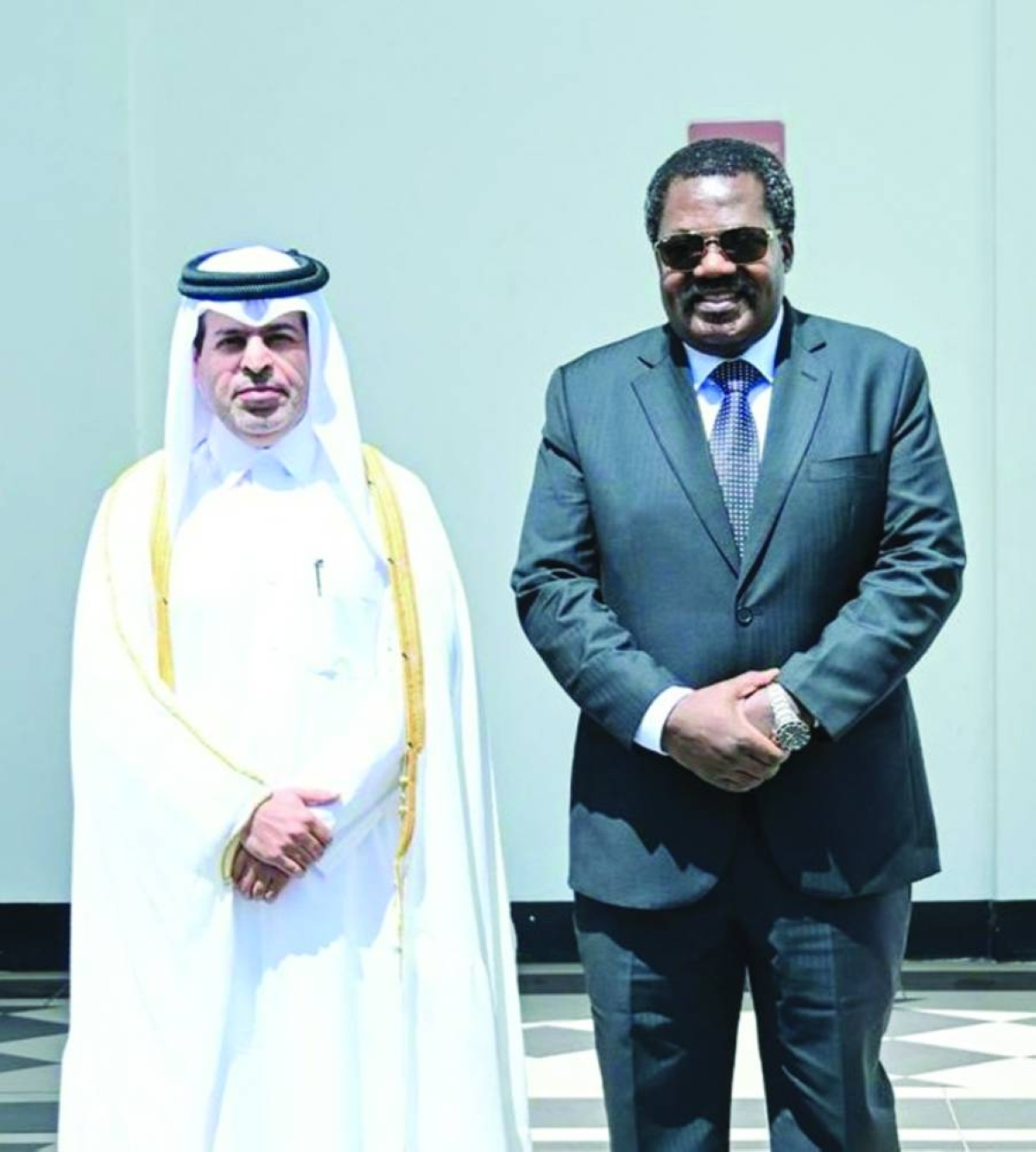Nakilat is entering a decisive growth phase with 18 of its 40 new vessels scheduled for delivery by 2027.This was disclosed by Nakilat chief executive officer Abdullah al-Sulaiti at its latest in-house magazine Voyages."The completion of long-term financing for 25 LNG (liquefied natural gas) carriers has progressed well, which further strengthens our ability to compete successfully in the market," he said.Its financial performance continues to be "exceptional", with the first half of 2025 recording a year-on-year net profit growth of 3.7%, demonstrating the effectiveness of the disciplined approach to operations, cost management and asset reliability, he added.Highlighting that its industry relationships continue to expand; he said recent agreements with global partners in engineering, energy systems and marine technology reflect its readiness to embrace innovation and advance sustainable solutions for the long term."These partnerships position us well as the energy transition accelerates and decarbonisation enters a period of reflection and recalibration across the global maritime sector and Qatar’s wider energy ecosystem," according to him.In this regard, Nakilat said its Qatar Shipyard Technology Solutions has signed a memorandum of understanding with Shanghai Hudong Marine Valve Manufacturing and Siemens Energy, as well as entered into a strategic partnership with WinGD.Looking ahead, he said, its priorities remain clear: anticipating customer needs, responding faster and owning outcomes, end-to-end."Safety, customer centricity, operational excellence and cost discipline will continue to guide every decision we make," al-Sulaiti said, encouraging everyone, across vessels, shipyards, joint ventures, and offices, to improvise and keep contributing with ideas, solutions and a spirit of collaboration.He said across its fleet, shipyards, and offices, safety culture continues to go beyond compliance and is becoming the second nature to its workforce. "This mindset shapes our daily decisions and guides how we work together. This was evident once again at the recent Fleet Officers meeting, where ship and shore teams reinforced transparent reporting, shared responsibility and the behaviours that protect lives and strengthen performance," he said.Stressing that people and capability development remain two of the central priorities; he highlighted the memorandum of understanding signed between Nakilat and the University of Doha for Science and Technology to support several programmes including the Marine Engineering Technology programme, marking an important step towards developing Qatar’s next generation of maritime leaders."Collaborations such as maritime scholarship programmes and new cadet initiatives reflect our long-term commitment to shaping a skilled and future-ready national workforce, aligned with the demands of our expanding fleet," al-Sulaiti said.Nakilat SvitzerWisjmuller (NSW), a joint venture established in 2006 between Nakilat and Svitzer Middle East to manage Nakilat’s towage services, delivered an impressive 98.97% uptime, keeping operations seamless and clients fully supported."With towage operations up 2.6% year-to-date, we are poised to surpass the 14,000 harbour tug jobs record set by the company last year," the magazine said.

Santhosh V. Perumal
Santhosh V. Perumal, a postgraduate in Econometrics with an advance qualification in Capital Markets and Financial Services, is Gulf Times' journalist. His coverage areas are debt and equity, hydrocarbons, international trade, environment, banks, insurance and real estate. Previously, he was in New Delhi, India as Senior Finance Correspondent of PTI.
Most Read Stories


